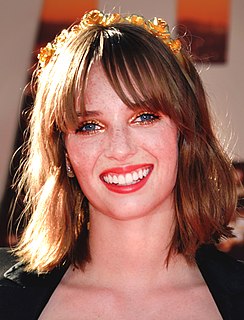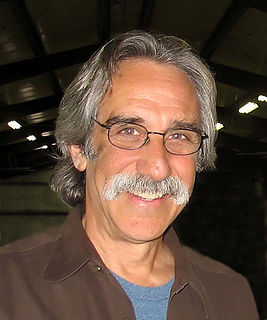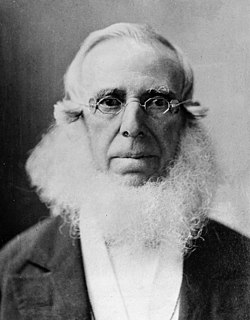A Quote by Albert Camus
Whereas the Greeks gave to will the boundaries of reason, we have come to put the will's impulse in the very center of reason, which has, as a result, become deadly.
Related Quotes
You will write if you will write without thinking of the result in terms of a result, but think of the writing in terms of discovery, which is to say that creation must take place between the pen and the paper, not before in a thought or afterwards in a recasting... It will come if it is there and if you will let it come.
For authority proceeds from true reason, but reason certainly does not proceed from authority. For every authority which is not upheld by true reason is seen to be weak, whereas true reason is kept firm and immutable by her own powers and does not require to be confirmed by the assent of any authority.
Courtesy is doing that which nothing under the sun makes you do but human kindness. Courtesy springs from the heart; if the mind prompts the action, there is a reason; if there be a reason, it is not courtesy, for courtesy has no reason. Courtesy is good will, and good will is prompted by the heart full of love to be kind. Only the generous man is truly courteous. He gives freely without a thought of receiving anything in return.
A learned parson, rusting in his cell at Oxford or Cambridge, will reason admirably well upon the nature of man; will profoundly analyze the head, the heart, the reason, the will, the passions, the senses, the sentiments, and all those subdivisions of we know not what ; and yet, unfortunately, he knows nothing of man... He views man as he does colours in Sir Isaac Newton's prism, where only the capital ones are seen; but an experienced dyer knows all their various shades and gradations, together with the result of their several mixtures.








































